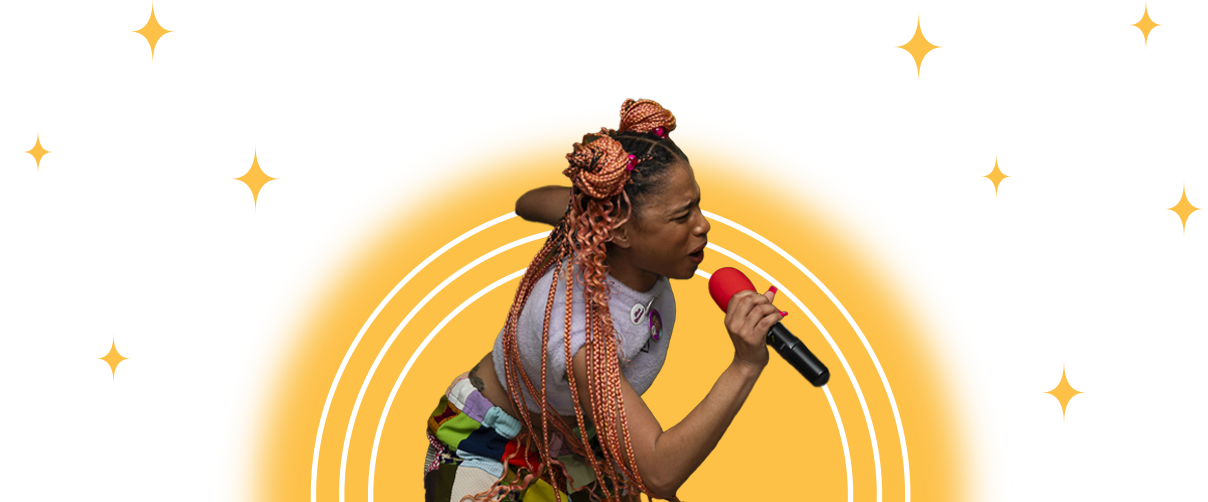On a recent trip to Italy, while touring the baths of Pompeii, a woman in my group looked up at a graphical depiction of a boy swimming with a dolphin and declared that the ancient Romans must have loved animals. I conceded that they most likely regarded animals with awe, while reminding her of the grueling chariot races in the Circus Maximus, the gruesome fabricated "hunts" in the Roman Forum, and the egregious animal slaughter that took place in the Colosseum -- all for the sake of human entertainment.
The ancient Romans were, like us, a diverse and complicated people. They were resourceful, intelligent and innovative. They were also violent, ignorant and opportunistic. In all these ways -- both good and bad -- we are the same.
The Colosseum in Rome is a testament to this. Awe-inspiring though it was to stand inside this architectural feat and to contemplate the ingenuity, hubris and labor that went into its design and construction, it was equally disquieting. Imagining the amount of blood shed, bodies strewn and lives wasted over the centuries it was in use was unsettling -- not only because so much unnecessary torment once took place but mostly because it continues to.
The practice of using and killing animals for our own pleasure runs throughout history and cultures. It's certainly not unique to the ancient Romans, and it did not end with them. We like to pretend that we've shed our barbaric selves, but the violent echoes of the past resound in our own amphitheaters:
*In modern harness racing, horses are pushed beyond their limits only to be discarded and often slaughtered when there is little chance they will earn a laurel crown for their riders.


